Written by Kate Bishop-Williams Last week, Carlee, Lindsay, and I had the pleasure of attending the Collaborative Arctic Seminars in Epidemiology course in Yellowknife, NWT from August 3rd-7th, 2015.
The course was hosted by the University of Alberta, and open to PhD and MSc/MA students from the circumpolar countries. Representative from Canada, USA, and Norway were a part of both the student and teaching teams.
We arrived in Yellowknife on Sunday evening, and enjoyed a lovely group dinner to get to know each other at the Explorer Hotel. This was the first of many excellently facilitated networking opportunities that allowed up to get to know each other a little better.
Monday morning we assembled at the airbase (Air Tindi) for our first sea-plane flight! We were flying about 100 km from Yellowknife, to Blachford Lake Lodge, away from all of the distractions of a city. I was so excited for my first sea-plane! I have a tendency to associate small planes with big fun! (To be fair, I have only used them to get to Rigolet and Bwindi, so I am right in doing so I think!)
Monday was a great chance to explore the lodge, and settle into our cabins. We spent the afternoon in seminars, touching on the basics of circumpolar health and an introduction to environmental epidemiology. We wrapped up the evening with a lovely wine and cheese event, and the first of our amazing suppers at the lodge. On Monday evening we even went swimming!
Tuesday was a long course day, and we covered microbial quality of water, contaminants in the Arctic, radiation and health, and spatial analysis in ArcGIS. ArcGIS was my favourite session of the week, based on my background in spatial analysis. I learned a new software and I am excited to apply it to my current work! I also got the chance to present my past and future research, and loved the opportunity to chat with people about my work!
On Wednesday we took the sea-planes back into Yellowknife for a public panel talk on environment and health in the North. This was a great chance to interact with policy makers and government officials from the region, and meet many people who these issues affect directly. We went back to the Institute for Circumpolar Health Research in the afternoon for networking activities, and boarded the plane back to Blachford Lake Lodge in the evening.
Thursday was another long seminar day, and we covered environmental genomics, health impact assessments, risk communications, and cancer cluster investigations. We took a break at lunch for a wonderful fish fry on Royal Island. Late in the night we saw the Aurora Borealis! They were beautiful dancing yellow streaks across the sky.
On Friday we boarded the sea-planes early in the morning and headed off to the airport in Yellowknife.
What a great week!

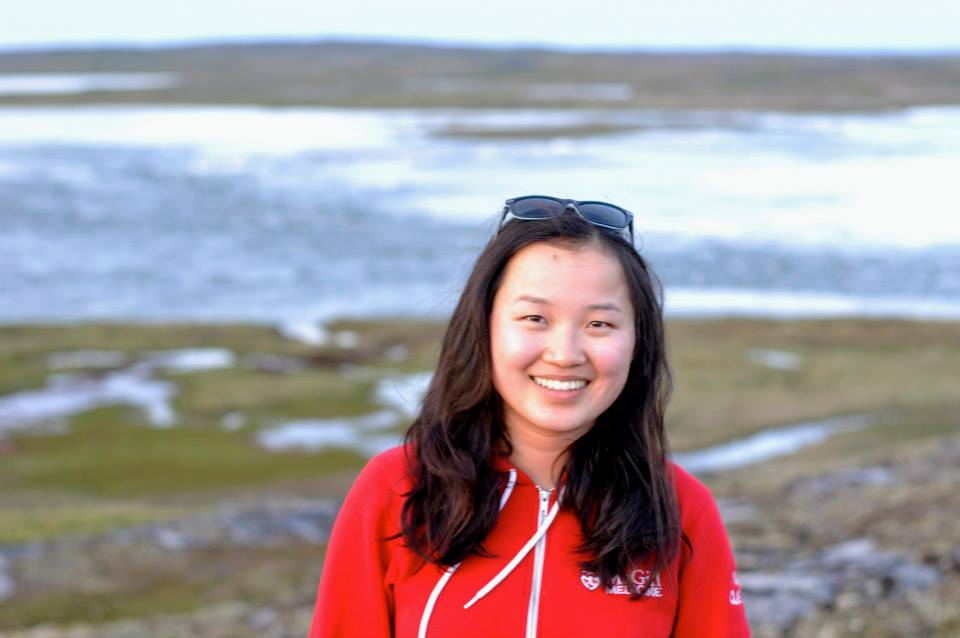
 New Publication!
New Publication!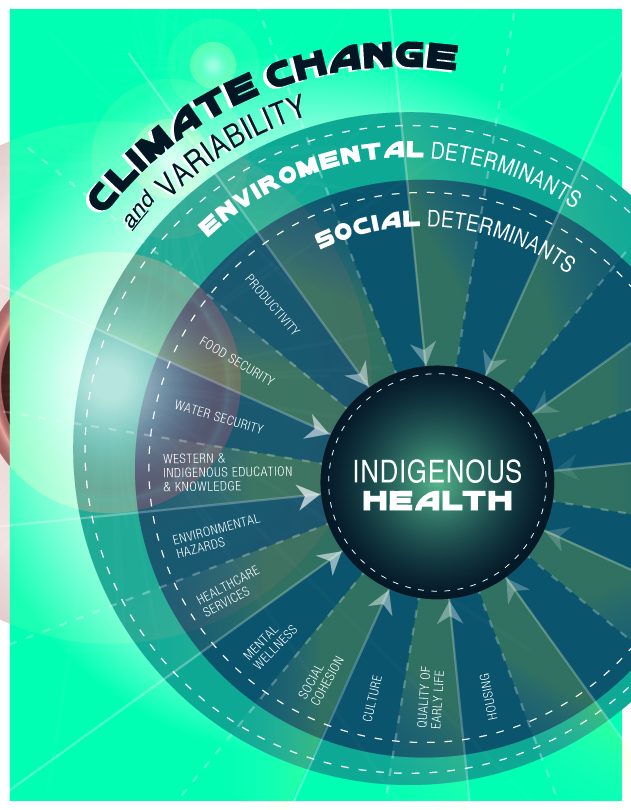 New Publication!
New Publication!

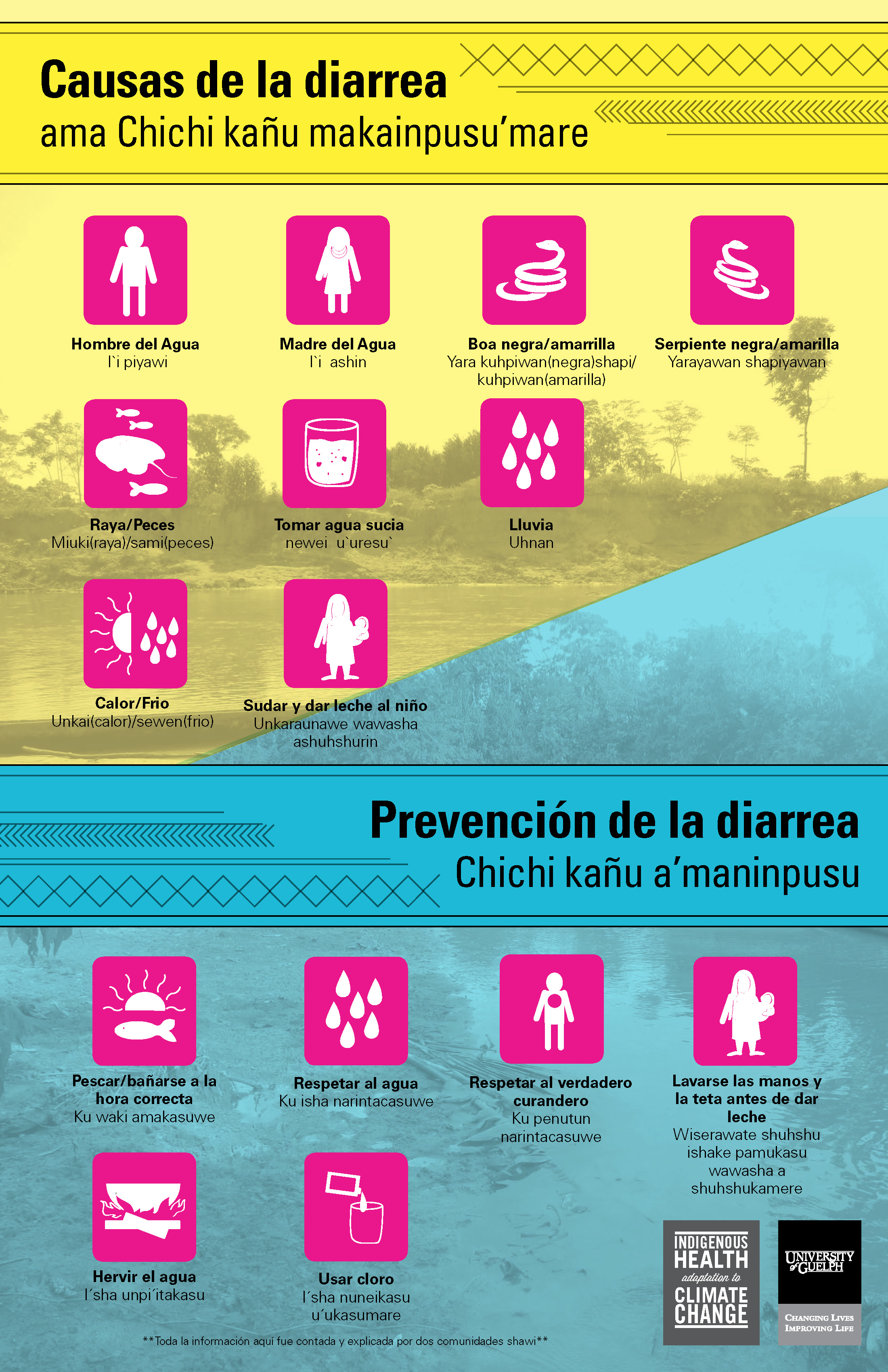
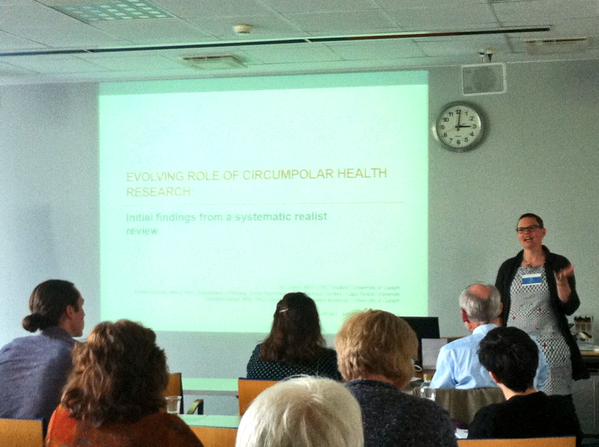

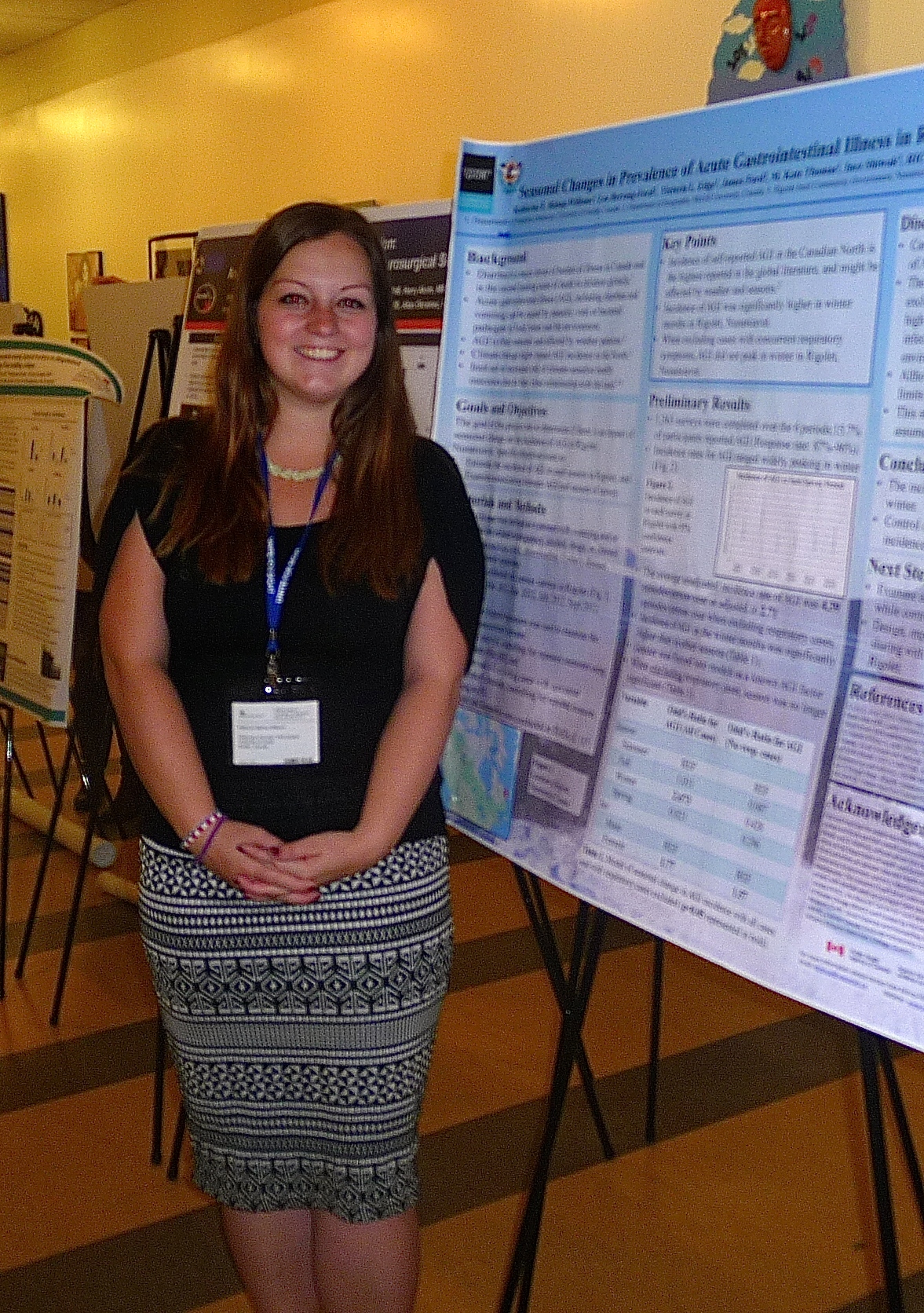 On Saturday March 28th,
On Saturday March 28th, 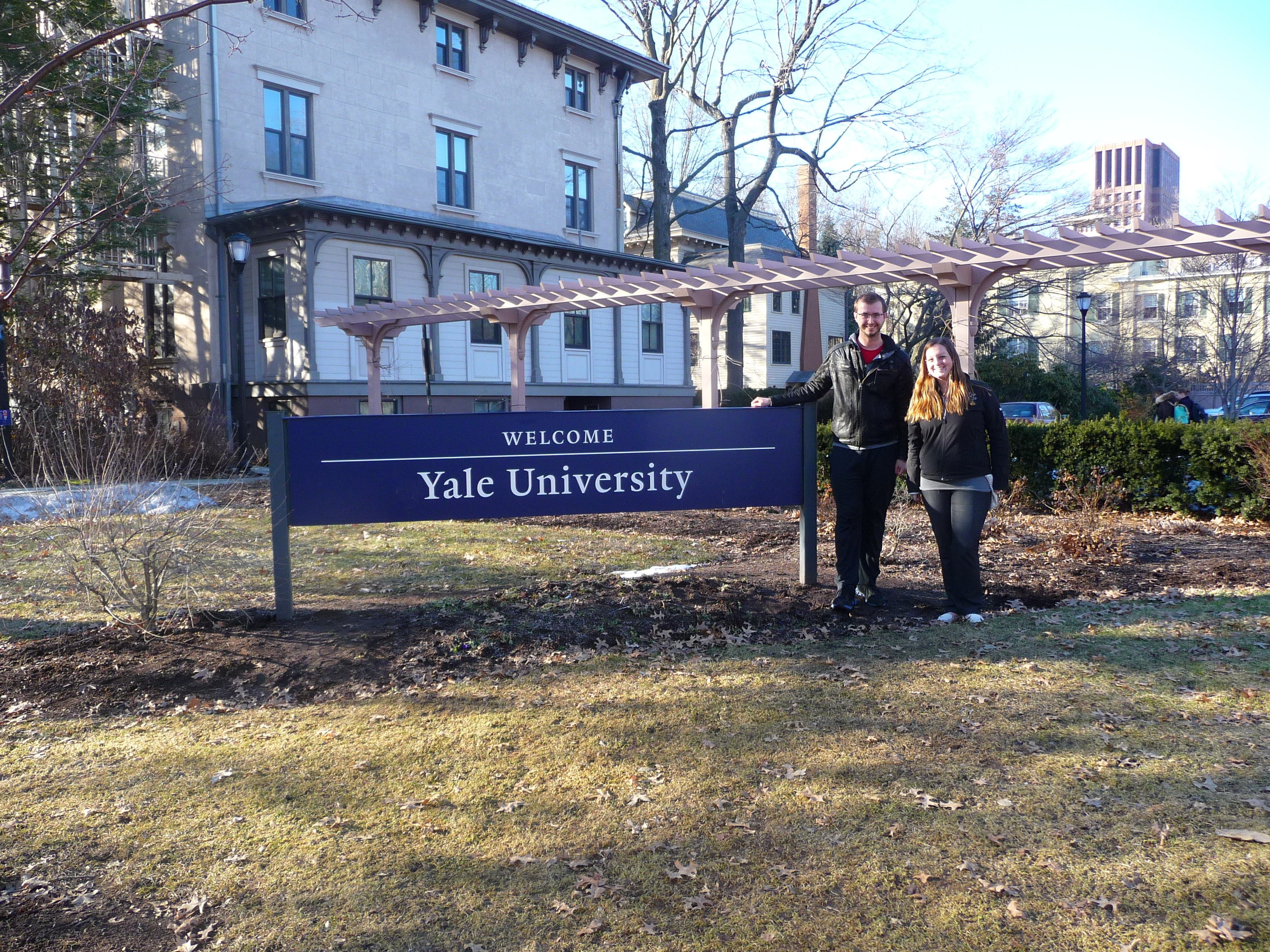
 acute gastrointestinal illness (AGI) in an Indigenous Batwa-Pygmy population in southwestern Uganda at the Geography Honours poster session
acute gastrointestinal illness (AGI) in an Indigenous Batwa-Pygmy population in southwestern Uganda at the Geography Honours poster session 
